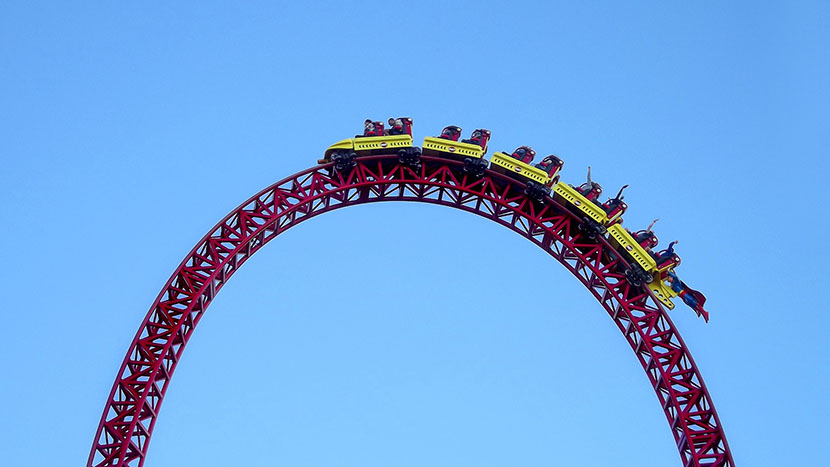The Biology of Excitement and Positive Feelings in Humans
For anyone who has ever sat through a biology class on the human brain, it’s common knowledge that we are all really just giant balls of chemicals and electricity put together by some solids, like muscle and bone. In fact, thousands of reactions keep us going every second we’re alive, no matter what we’re doing, whether you are thinking about it or not.
This article will look at three commonly known chemicals that affect the brain for excitement and pleasure in completely different ways: adrenaline, dopamine, and serotonin.
Adrenaline
Adrenaline, also called epinephrine, is the chemical most commonly associated with the feeling of excitement and fear, especially from risky situations. It sets the body into fight-or-flight mode, sending more blood to the muscles, dilating the pupils for enhanced vision, and increasing the body’s blood sugar level. The effect is known as an adrenaline rush and can be a natural high, and can even give us an almost “superhuman” strength and endurance in times of crisis.
That high feeling is something that many people actively seek, although what events will trigger it varies from person to person. At the low end of the spectrum, a particularly tense TV show along the lines of 24 can get the adrenaline moving. Above that, some people like to go to online mobile casinos to feel the rush from the spinning of a roulette wheel or watching the slots line up. At the extreme end, real adrenaline junkies need nothing less than the sheer drop of Iowa’s Monster roller coaster to get the blood pumping. However, it is interesting to know that constant adrenaline in the body does lead to a decreasing effect over time.
Dopamine
Dopamine is the chemical in the brain most commonly associated with the pleasure of a reward, and the body uses it to make adrenaline. It directly affects mood, creating a positive feeling in the brain in response to winning or achieving something. It also has some effects on regulating sleep and learning, making it critical for daily functions.
It is instrumental in a number of activities that benefit people, like regularly going to the gym or reading for pleasure, although as with adrenaline, each person generates it differently. For some, they can use it to improve work productivity, while others simply cannot find any dopamine during the workday and get it from entertainment or exercise only.
Serotonin
While serotonin also provides feelings of happiness and pleasure, it comes in a different form than dopamine, producing a relaxed feeling and overall reducing anxiety. Aside from this, it’s also a handy chemical for the digestive system and works with dopamine to regulate sleep. Many medications that have an antidepressant effect are designed to boost serotonin levels, although the chemical isn’t the only factor in play with those conditions.
For a short version of the above, in a very simplified way, you can say that each of these compounds creates a pleasurable feeling, but in different ways. Adrenaline triggers the pleasure of excitement, dopamine the pleasure of victory and achievement, and serotonin the pleasure of relaxation and calm. Each is essential to proper functioning of the human mind and body.


































































































